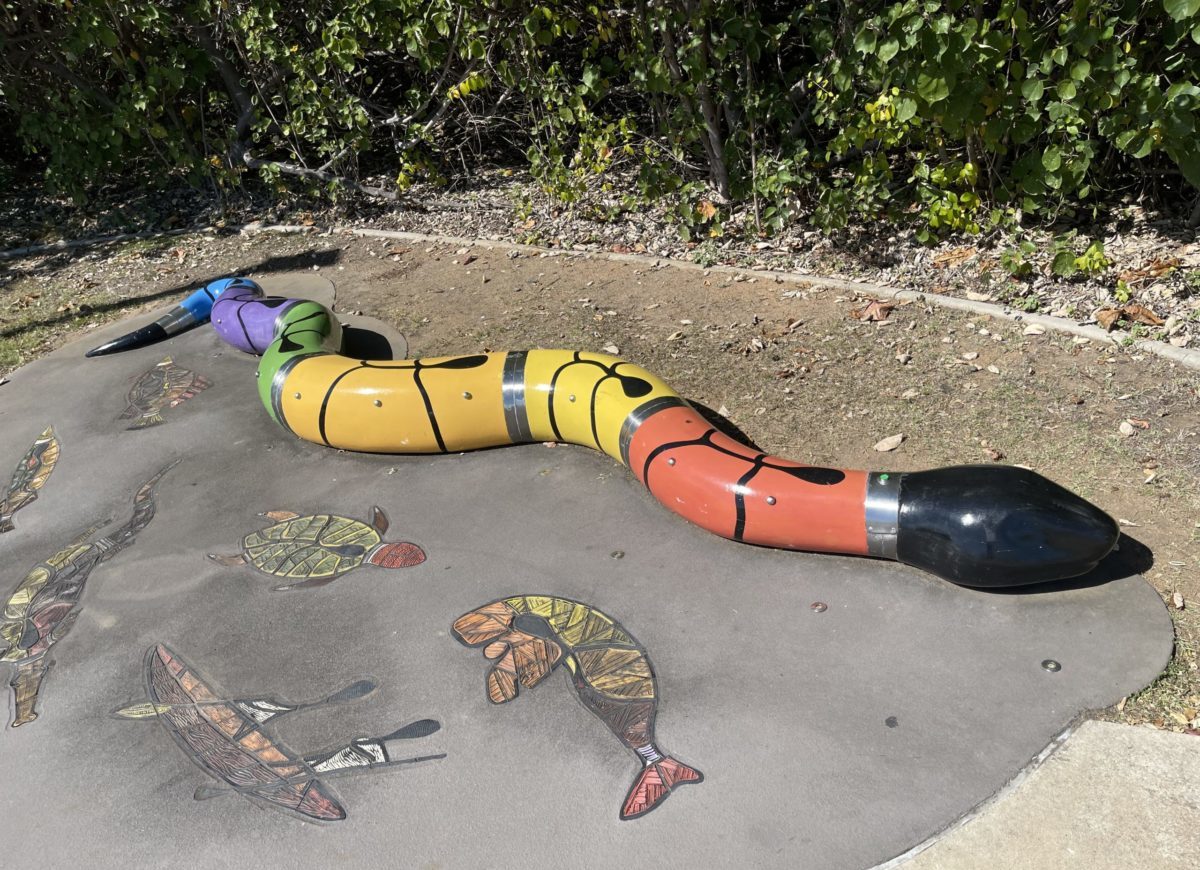The Wiyi Yani U Thangani Report (2020) has been guided by the United Nations Declaration on the Rights of Indigenous Peoples. The final key pathway we will highlight in this Mercy Moments is: Thriving communities and sustainable economies.
A Catholic Social Thought approach, asserts that all people have a right to participate in the economic, political, and cultural life of society. Living justly demands we ensure human dignity, human flourishing and community development.

Aboriginal and Torres Strait Islander women and girls, like all Australians, want to engage meaningfully in contemporary society. The Wiyi Yani U Thangani Report describes significant challenges when engaging with work, these include:
- intersectional discrimination that excludes women and girls and impedes career progression
- discriminatory structures that impact on social and economic wellbeing
- barriers (financial resources, support networks) to accessing tertiary education, training and employment
- contemporary society excluding cultural knowledge and identities
These impediments demand change and First Nations women and girls ask all Australians to ensure:
- meaningful engagement for better life outcomes and to influence the domains that affect their lives, their families and communities
- engagement in education and employment in a way that recognises, values, and builds on their existing strengths, knowledges, and cultural identities
- increased investment into their communities to provide a platform for meaningful Community Develop Program (CDP) activities and pathways to employment
- participation in the co-design of the programs that affect their and their communities’ lives
- opportunities to work within the scheme for wages and benefits at the award rate
- a holistic approach that recognises and values the work they do for society
- children are raised with a strong grounding in culture and identity and a good formal education.
What can we do to support First Nations women and girls? The Wiyi Yani U Thangani Report gives the following ways forward:
- Increased access to Tertiary education and Vocational Education and Training (VET)
- Availability of Literacy, Parenting, Personal development skills training
- First Nations peoples to provide cultural authority, role models and mentors
- Anti-bullying workplaces; recognition of skills and contributions; understanding and respecting cultural protocols and acknowledgement of time worked
- Identified positions to increase representation of Aboriginal and Torres Strait Islander women and girls
- Learning journeys of empowerment to take cultural knowledge and understanding forward in a workplace.
A reconciled nation will be when Aboriginal and Torres Strait Islander peoples have self-determination over their own lives without the constraints of poverty and the burden of disease. (Pat Turner 83)
We must listen the Wiyi Yani U Thangani (Women’s Voices) and use this comprehensive report to breakdown the systemic structures that limit the participation, dignity and flourishing of our First Nations people.
In the words Arrernte leader, Conrad Ratara spoken to then Prime Minister Julia Gillard (2011), “It’s a long road we have come and it’s a long road we can go,’’ the Hermannsburg elder said. ‘’We have to walk together and talk together. If you never listen to me, I will never listen to you. If you walk in front of me, I will not follow you. Walk side by side and let’s get there.”
Information used in this Mercy Moment is copyright to © Australian Human Rights Commission 2020. https://wiyiyaniuthangani.humanrights.gov.au/
Reflection
How can your ministry answer the call to ensure First Nations women and girls can flourish as individuals, as families and as communities?
